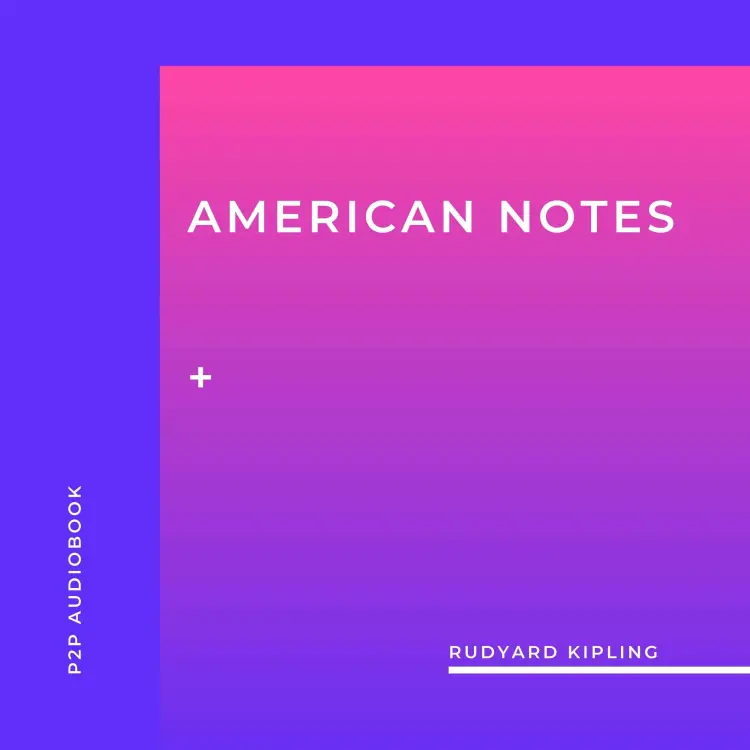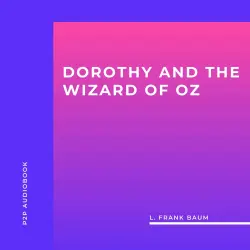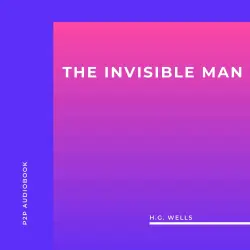
American Notes
Rudyard Kipling
Unabridged
2 horas 44 minutos
Nota: La reproducción de los audiolibros o de las obras de audio en las respectivas plataformas, por ejemplo Spotify, puede generar gastos. Lismio no tiene ninguna influencia sobre qué audiolibros y obras de audio están disponibles en el servicio.
Algunos artículos contienen enlaces de afiliados (marcados con un asterisco *). Si hace clic en estos enlaces y compra productos, recibiremos una pequeña comisión sin coste adicional para usted. Su apoyo ayuda a mantener este sitio en funcionamiento y a seguir creando contenidos útiles. Gracias por su apoyo.
Este audiolibro no está disponible en tu territorio.
Completo
9 horas 52 minutos
Nota: La reproducción de los audiolibros o de las obras de audio en las respectivas plataformas, por ejemplo Spotify, puede generar gastos. Lismio no tiene ninguna influencia sobre qué audiolibros y obras de audio están disponibles en el servicio.
Algunos artículos contienen enlaces de afiliados (marcados con un asterisco *). Si hace clic en estos enlaces y compra productos, recibiremos una pequeña comisión sin coste adicional para usted. Su apoyo ayuda a mantener este sitio en funcionamiento y a seguir creando contenidos útiles. Gracias por su apoyo.
De la editorial
In American Notes, Rudyard Kipling, the Nobel Prize-winning author of the Jungle Book, visits the USA. As the travel-diary of an Anglo-Indian Imperialist visiting the USA, these American Notes offer an interesting view of America in the 1880s.
Kipling affects a wide-eyed innocence, and expresses astonishment at features of American life that differ from his own, not least the freedom (and attraction) of American women. However, he scorns the political machines that made a mockery of American democracy, and while exhibiting the racist attitudes that made him controversial in the 20th century concludes "It is not good to be a negro in the land of the free and the home of the brave."
G. A. England of Harvard University (letter to The New York Times 10/11/1902) wrote: "To the American temperament, the gentleman who throws stones while himself living in a glass house cannot fail to be amusing; the more so if, as in Mr Kipling's case, he appears to be in a state of maiden innocence regarding the structure of his own domicile."
Kipling affects a wide-eyed innocence, and expresses astonishment at features of American life that differ from his own, not least the freedom (and attraction) of American women. However, he scorns the political machines that made a mockery of American democracy, and while exhibiting the racist attitudes that made him controversial in the 20th century concludes "It is not good to be a negro in the land of the free and the home of the brave."
G. A. England of Harvard University (letter to The New York Times 10/11/1902) wrote: "To the American temperament, the gentleman who throws stones while himself living in a glass house cannot fail to be amusing; the more so if, as in Mr Kipling's case, he appears to be in a state of maiden innocence regarding the structure of his own domicile."









